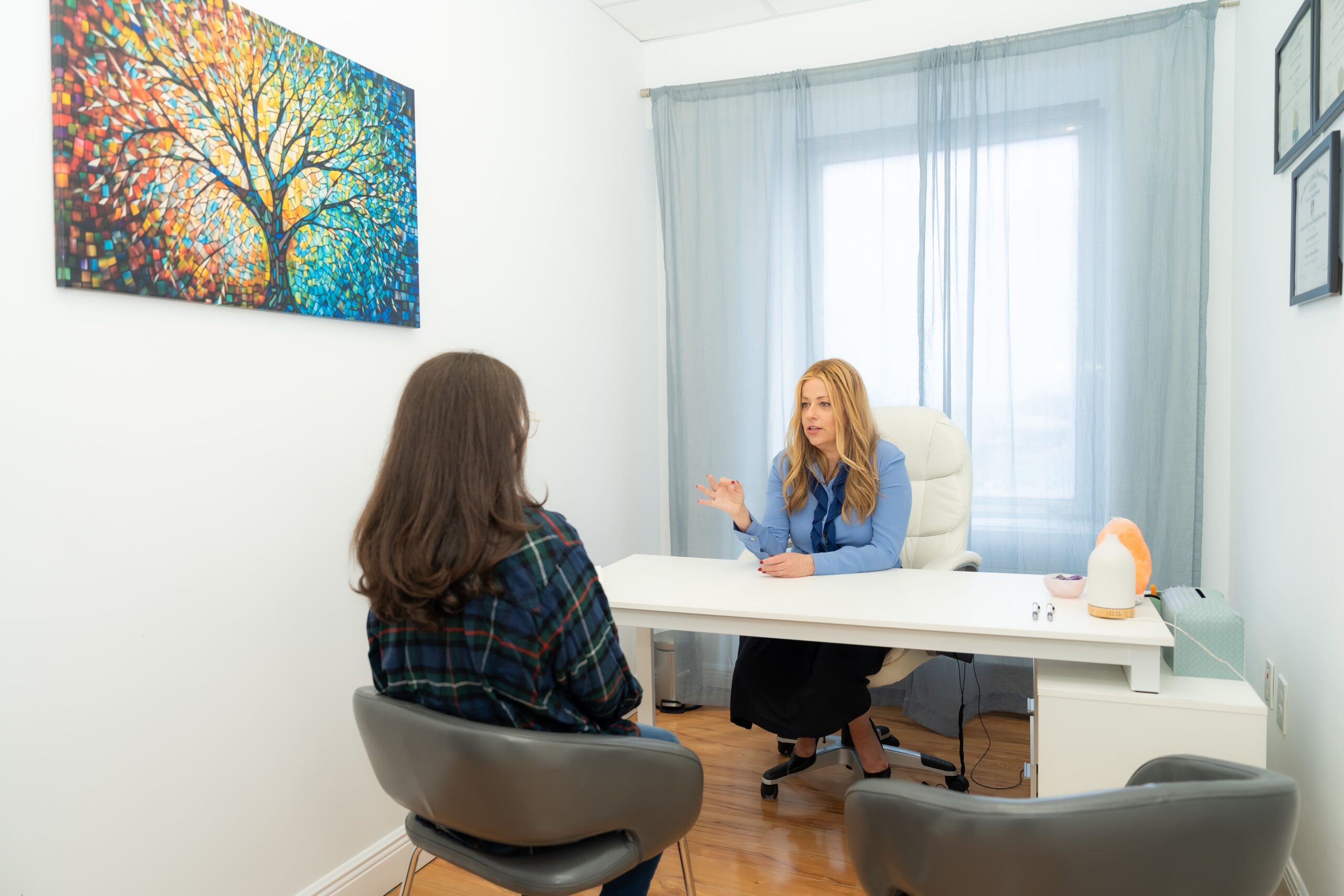
Diverticular disease exists on a continuum from asymptomatic pouches to life-threatening complications, each requiring specific management approaches and prevention strategies.
| Type | Primary Characteristics | Common Symptoms | Considerations |
|---|---|---|---|
| Asymptomatic Diverticulosis | Silent pouches without inflammation | Usually no symptoms | Found incidentally; 75% remain asymptomatic |
| Symptomatic Uncomplicated Diverticular Disease (SUDD) | Chronic symptoms without acute inflammation | Abdominal pain, bloating, altered bowel habits | Often involves chronic low-grade inflammation and microbiome changes |
| Uncomplicated Diverticulitis | Acute inflammation without complications | Severe left lower abdominal pain, fever, nausea | 80% respond to conservative treatment |
| Complicated Diverticulitis | Inflammation with abscess, perforation, or obstruction | Severe pain, high fever, signs of complications | May require hospitalization, antibiotics, or surgery |

Diverticulosis (Often Asymptomatic):
Symptomatic Uncomplicated Diverticular Disease:
Diverticulitis:
Comprehensive diverticular disease evaluation involves both acute assessment and long-term prevention strategies. At Whole Gut Health, we use advanced diagnostics to assess disease severity, identify complications, and develop personalized management plans.
Testing options may include:
We customize diagnostic protocols based on your presentation, disease history, and risk factors to ensure comprehensive evaluation and optimal management planning.

Our Three-Phase Diverticular Disease Protocol Includes:
1. Assessment and Risk Stratification
2. Targeted Intervention
3. Rebuilding and Prevention

Dr. Alexandra Shustina, NYC’s and Miami’s premier gut health specialist doctor is a board-certified gastroenterologist and internist. She is a gut health specialist with training in conventional gastroenterology and functional gut health. She is an expert in the gut microbiome and its role in health and wellness.
At Whole Gut Health, our care is led by experienced functional medicine clinicians with a deep understanding of the gut microbiome and advanced diagnostics. We combine evidence-based strategies from conventional gastroenterology with a functional and integrative lens to give you the clarity and support needed for long-term healing.
Diverticular disease encompasses a spectrum of conditions involving small, sac-like protrusions (diverticula) in the colon wall. Diverticulosis refers to the presence of these pouches without symptoms, while diverticulitis occurs when they become inflamed or infected. The disease exists on a continuum from asymptomatic pouches to potentially life-threatening complications.
Asymptomatic Diverticulosis
Symptomatic Uncomplicated Diverticular Disease (SUDD)
Uncomplicated Diverticulitis
Complicated Diverticulitis
Diverticulosis: Usually no symptoms in 75% of people, mild abdominal cramping, occasional bloating, rare rectal bleeding
Symptomatic Uncomplicated Disease: Chronic left lower abdominal pain, intermittent bloating, altered bowel habits, feeling of incomplete evacuation, food intolerances
Diverticulitis: Severe constant left lower abdominal pain, fever and chills, nausea and vomiting, changes in bowel habits, abdominal tenderness, loss of appetite
Comprehensive evaluation involves multiple approaches depending on presentation:
Diagnostic protocols are customized based on presentation and disease history.
Our comprehensive three-phase protocol includes:
Phase 1: Assessment and Risk Stratification
Phase 2: Targeted Intervention
Phase 3: Long-Term Prevention and Maintenance
Different types require different management approaches:
Yes, many cases can be effectively managed through comprehensive lifestyle approaches including:
At Whole Gut Health, we address both acute management and long-term prevention through:
Dr. Alexandra Shustina is a board-certified gastroenterologist and internist who serves as NYC's and Miami's premier gut health specialist. She has training in both conventional gastroenterology and functional gut health, with expertise in the gut microbiome and its role in health and wellness.
The first step is scheduling a comprehensive consultation where we'll:
Contact our office to schedule your initial consultation and begin your comprehensive approach to diverticular disease management and prevention.
Let us help. CALL NOW